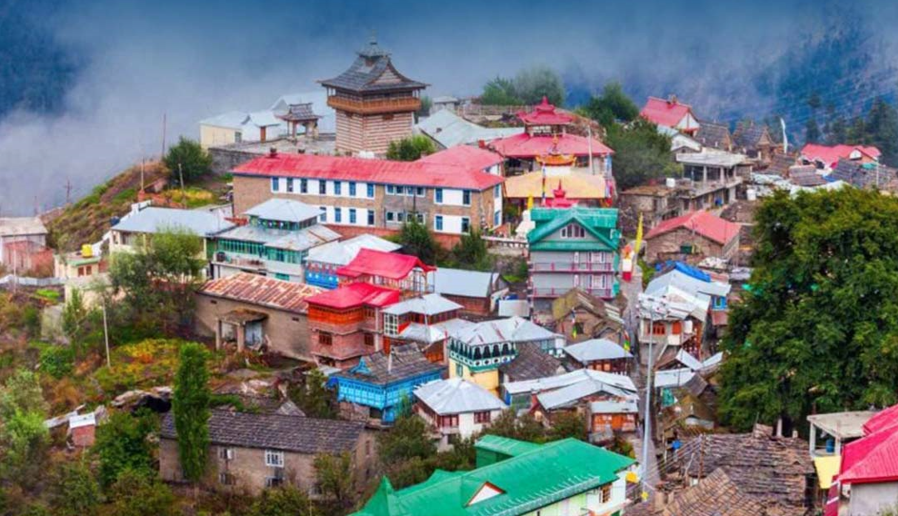Tucked in the lap of the Himalayas, Himachal Pradesh has earned the affectionate nickname “Sleeping State of India.” This isn’t because it’s inactive, but because life here follows a calm, unhurried rhythm. In its villages and small towns, the day begins with the sunrise and winds down soon after sunset. By nightfall, streets fall silent, shops close early, and the soft stillness of the mountains takes over.
Why People Call It the Sleeping State
The name reflects the simple daily routine of Himachal’s residents. Most families eat dinner early, spend evenings indoors with loved ones, and head to bed before late night hours. It’s rare to find bustling nightlife here. Instead, quiet lanes and glowing windows paint the picture of a community living close to nature’s clock.

Life Shaped by the Mountains
The crisp mountain air, pleasant weather, and breathtaking landscapes have shaped a way of life centered on balance and rest. Work begins with daylight and ends before dark. By 8 or 9 PM, villages are peaceful, with only the sound of wind or flowing rivers in the background.
Where to Experience This Culture
Villages like Chitkul, Kalpa, Tirthan, and Spiti capture this way of living beautifully. They offer travelers a chance to step away from the rush of city life, slow down, and soak in nature’s quiet magic.
Peaceful Yet Progressive
Despite its tranquil pace, Himachal is far from stagnant. It has been a pioneer in eco-friendly policies, becoming India’s first smoke-free state and banning plastic bags. Tourism thrives alongside agriculture, especially apple farming. The state is also home to the Dalai Lama and serves as a vibrant center for Tibetan culture.
For visitors, Himachal offers more than scenic beauty, it offers a glimpse into a way of life where peace is not a luxury, but a daily habit.
